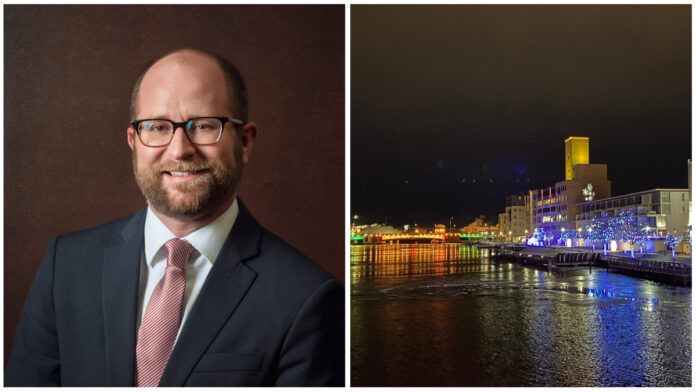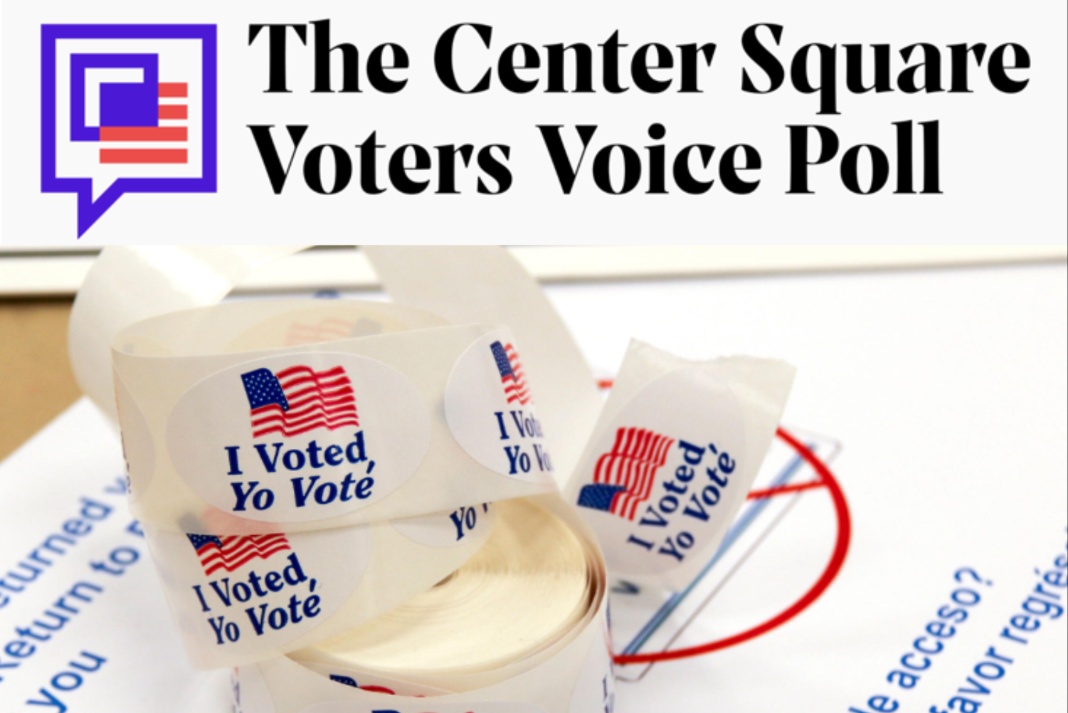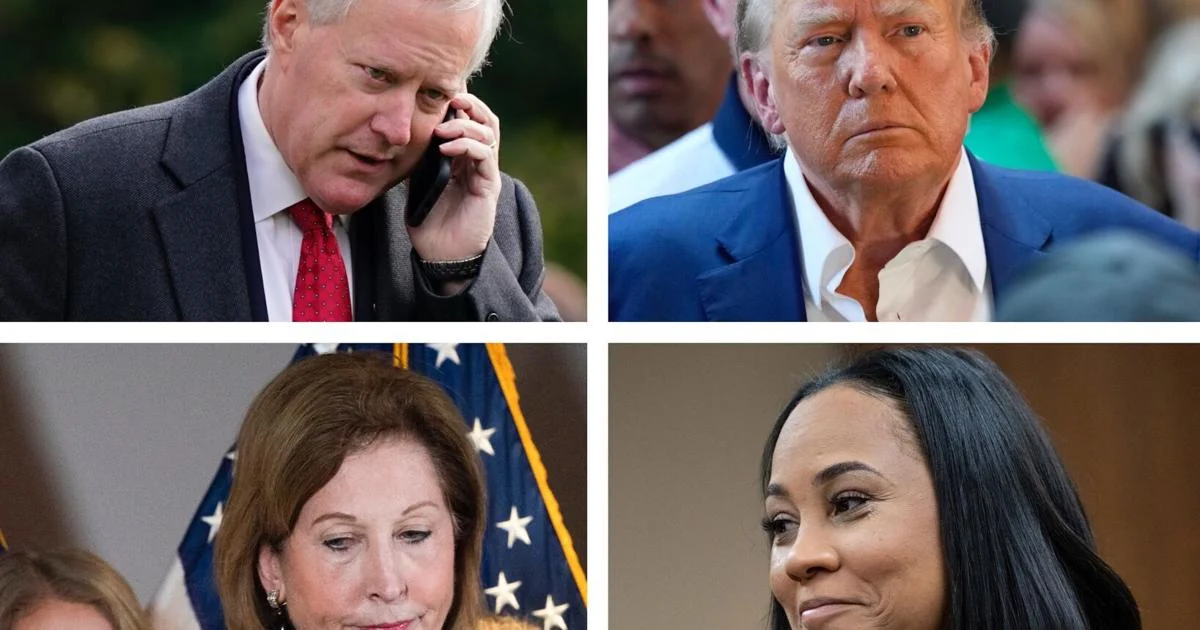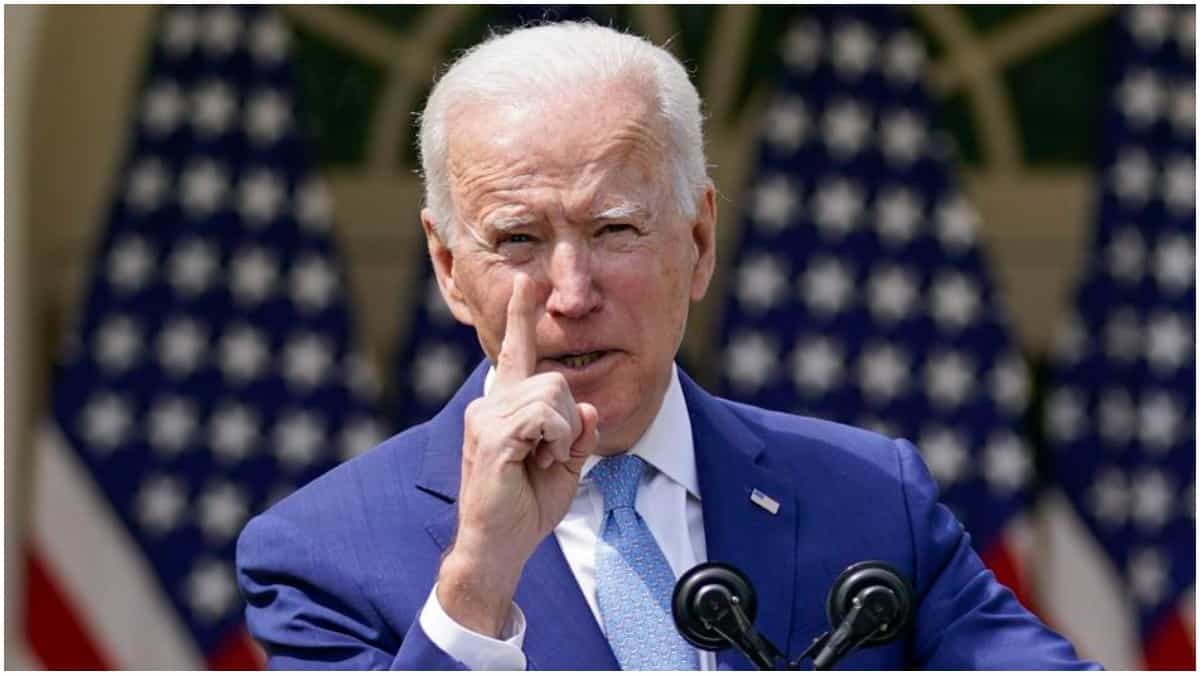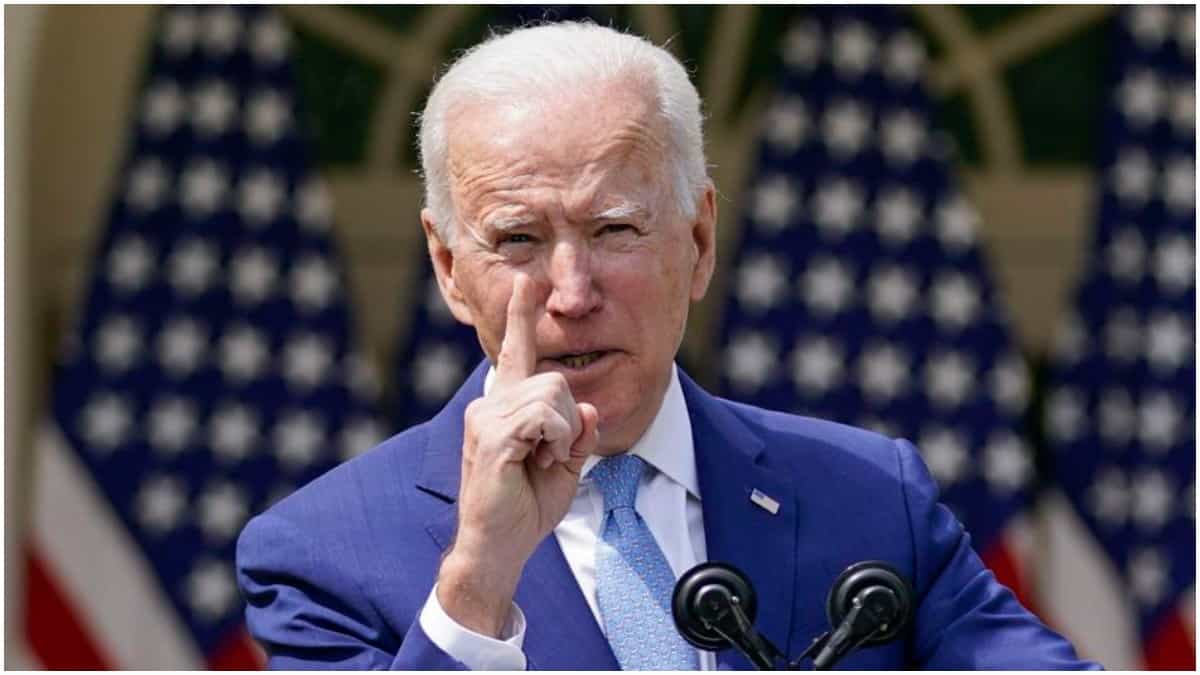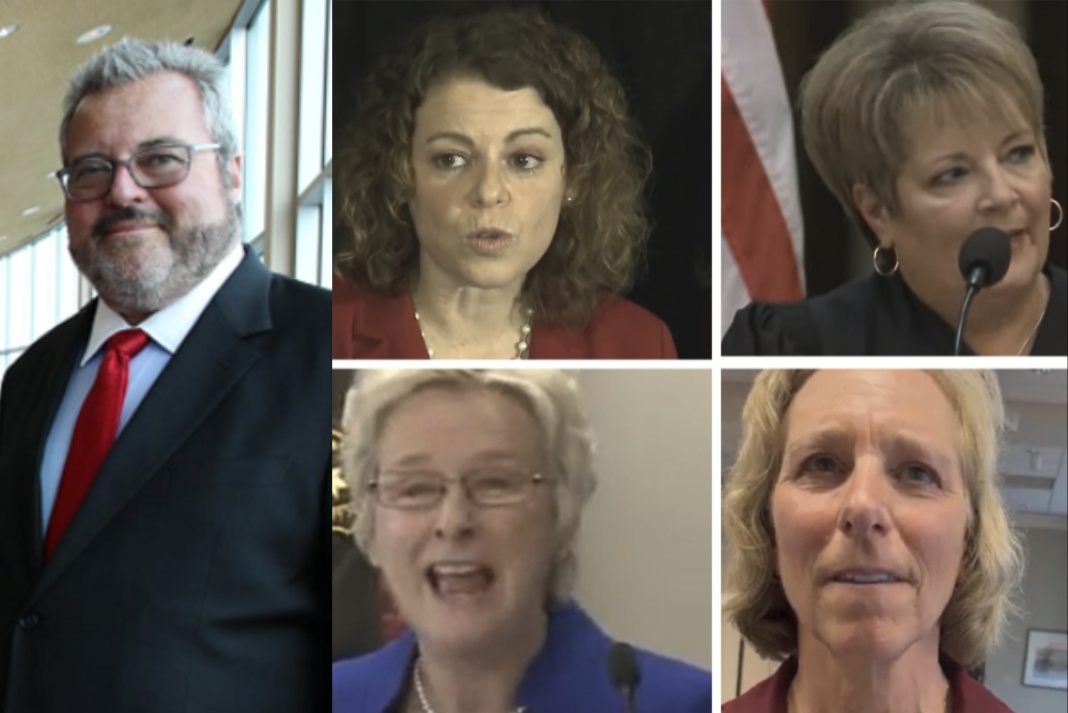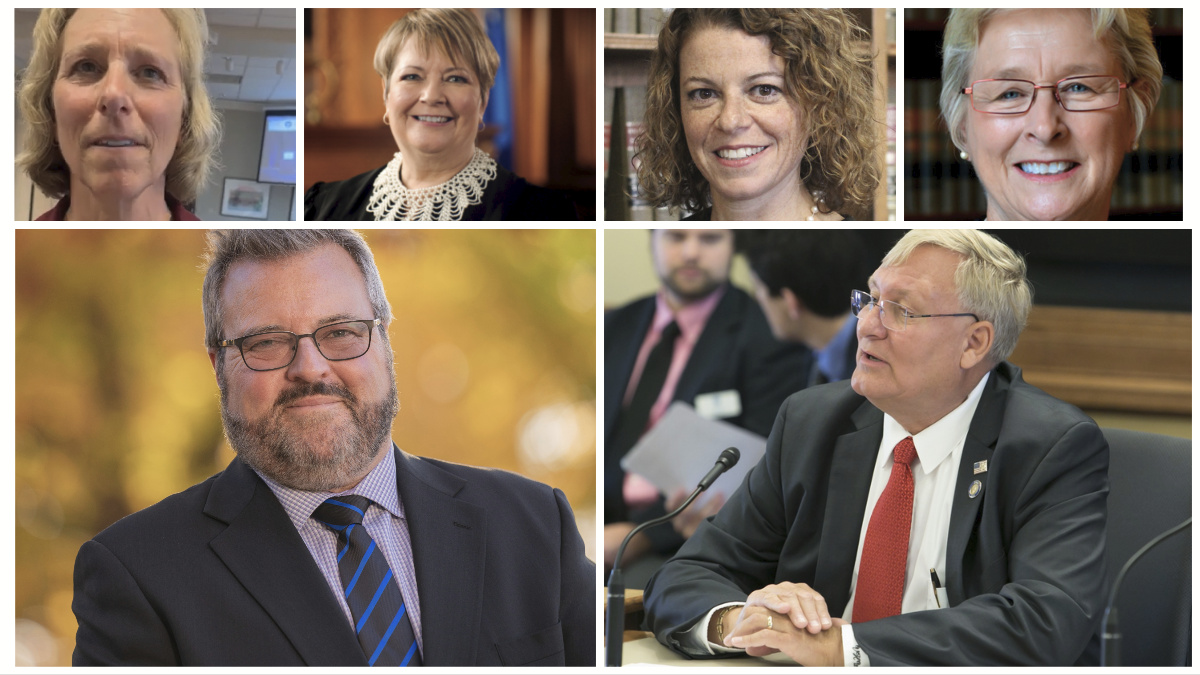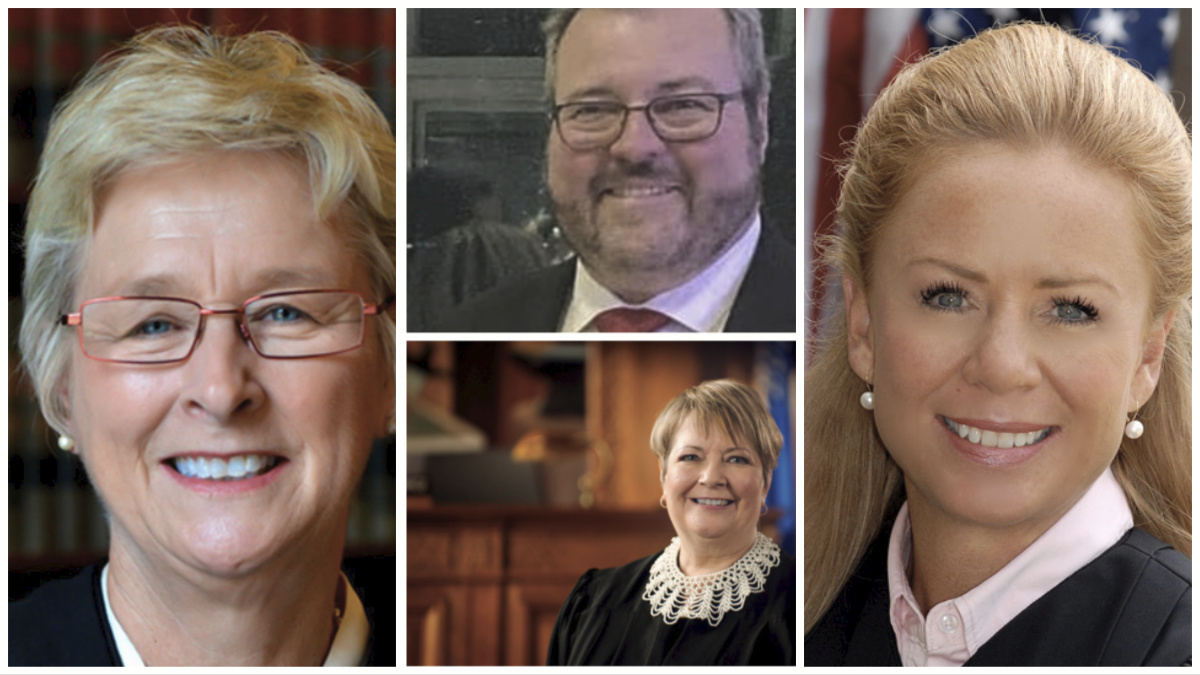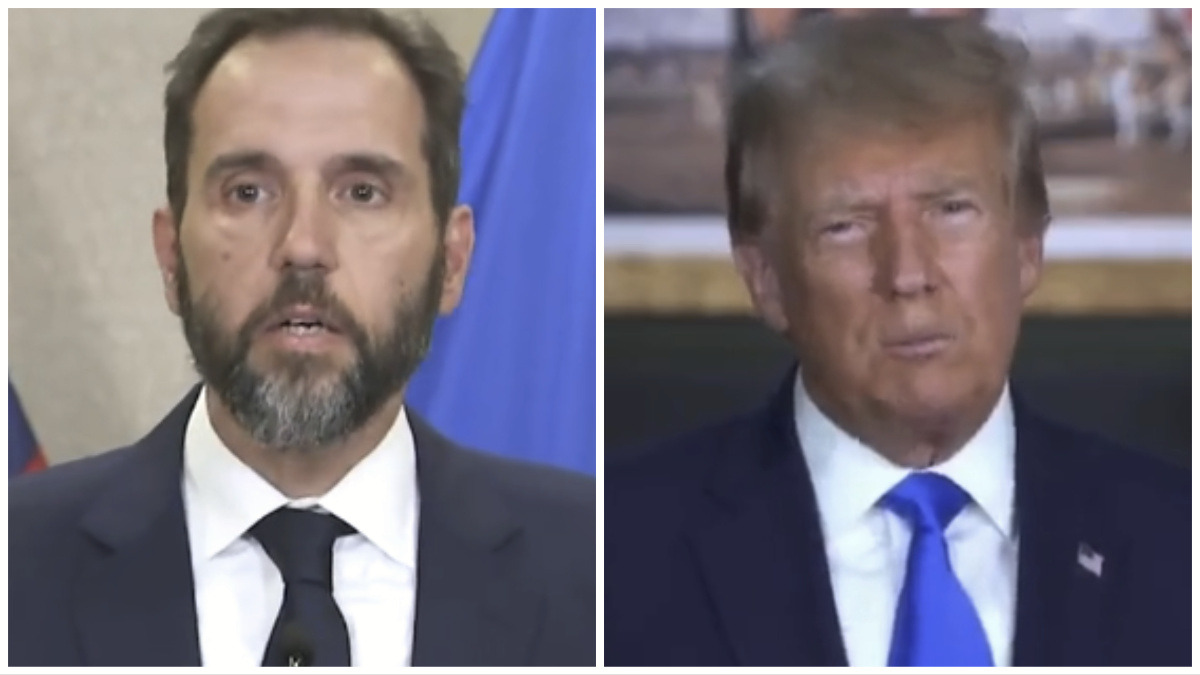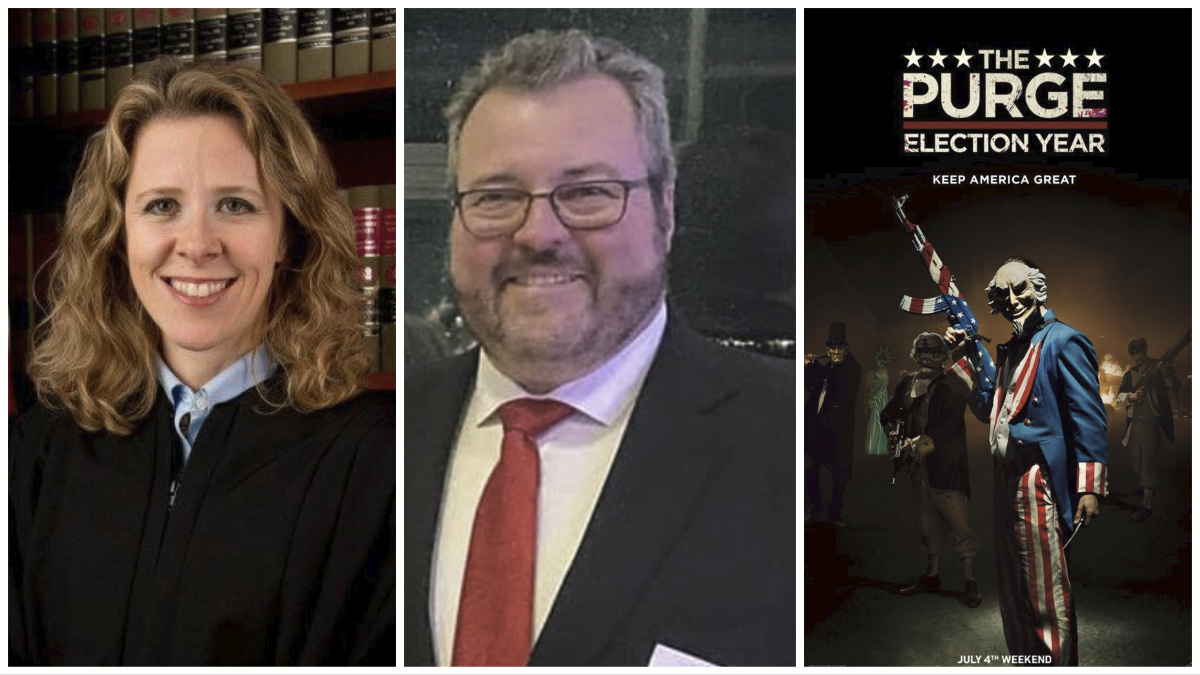A state legislator says Green Bay, Wisconsin, mayor Eric Genrich’s administration has been “secretly recording conversations.”
Senator André Jacque (R-De Pere) wrote in a news release posted to Wispolitics.com that he had learned of “the startling revelation that Green Bay Mayor Eric Genrich’s administration has been secretly recording conversations of residents, visitors, council members and staff at City Hall over the past two years.”
“I was stunned to learn that city officials secretly installed listening devices in City Hall to eavesdrop on citizens without their knowledge. This is the type of Big Brother surveillance tactic one would expect in the old Soviet Union, not the United States of America,” said Jacque.
The Green Bay Press Gazette reported that “officials have provided no clear answer about whether the recordings the city is capable of making, at least on the building’s lower floors, is or is not legal.”
In response to the criticism, the city of Green Bay released a “fact sheet” on the recording system. The city wrote, “The City of Green Bay is focused on maintaining a safe and secure environment for the public and for city staff within our City Hall. Following complaints from City staff and members of the public, the Green Bay City Administration felt it necessary to enhance the security system on the first and second floors of City Hall between Winter 2021 and Summer 2022.”
They added: “This type of security system is lawful and commonplace.” They noted, “his is not police surveillance. However, Shift Command at the Green Bay Police Department has access to this feed and several others in the community for the purposes of responding to an emergency.”
That did not satisfy Jacque.
“It’s difficult to overstate just how egregiously and jaw-droppingly brazen a violation of civil rights and exposure to criminal and civil liability it is for the Mayor to greenlight snooping on his own constituents without cause,” Jacque said.
According to Jacque, “Having worked in Green Bay City Hall as a City employee and traversing its halls for years before and since in numerous capacities both in a public and as a private citizen, I can speak firsthand to the sort of sensitive information that routinely gets shared in those spaces with an unsuspecting expectation of privacy: aldermen and constituents quietly conferring outside of council chambers; developers and union negotiators waiting to meet with the Mayor; journalists conferring with each other or engaging in off-the-record conversations with those being interviewed; co-workers sharing sensitive personal, even medical information; residents complaining about city officials; attorneys talking to their clients; political discussions by those coming to vote absentee in person- the list goes on and on.”
He added, “What were they thinking? Why did the Mayor not bring this to the City Council for approval, or post notices to the public that recording was taking place? It’s hard to conclude other than that he didn’t want them to know.”
Concluded Jacque: “It is reprehensible, unethical and almost certainly illegal that the Mayor has persisted in spying on private conversations at City Hall in clear violation of state statute. Whether mere incompetence or sheer premeditated malevolence by Mayor Genrich and his legal department brought things to this point, this needs to end now.”
In addition, Sen. Jacque released a memo prepared at his request by attorneys with the non-partisan State Legislative Council detailing the serious legal concerns with the idea of a municipality installing cameras and microphones in various places throughout its city hall building and using those devices to record conversations without informing visitors of the recording,” the release said.
“As the Legislative Council memo describes, contrary to Mayor Genrich’s assertions, in a setting like a governmental building it is clearly possible for a person to engage in a private, protected conversation, and specifically notes ‘In a setting like a governmental building, factors that are likely to provide a person with a reasonable expectation of privacy include speaking at a low volume, away from passersby, and in a small group of people who are unlikely to report what was said,'” Jacque wrote in the release.
He said the memo further points out “[U]sing an electronic device to record an oral conversation is considered to be “intercepting” the communication… Unless an exception applies, a person who intentionally intercepts or attempts to intercept an oral communication, or intentionally uses a device or attempts to use a device to intercept an oral communication, is guilty of a Class H felony. [s. 968.31 (1) (a) and (b), Stats.].”
It also notes, “[T]he failure to post a sign notifying people of the recording may lead a court to conclude that the parties were not provided with ‘meaningful notice’ and thus did not impliedly consent to the recording. Without any sort of ‘meaningful notice’ that recording may take place, a party has not provided implied consent.” Bottom line? “[I]f no party to the conversation consents, then the recording is unlawful,” he wrote.


